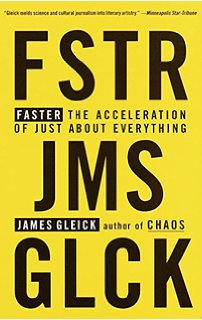Vowel free, apparently, connotes cool and modern.
The race to capture that Zeitgeist spawned Motorola’s SLVR in an attempt to emulate the success of its RAZR phone. There’s Flickr, the image hosting and video hosting website, and MBLM, the self-styled brand intimacy company, and numerous others.
The latest is MVMT, a watch company that combines “classic design, quality construction, and styled minimalism”. The name is Movement, as in Swiss watch, the brand is MVMT. I saw MVMT and read ‘Movement’, so I suppose it works.
It’s a naming trend referenced by Fritinancy in her blog post ‘Vowel Obstruction‘. and stems, in my view, from the growing acceptance of shorthand in text-messaging and instant messaging, communication that encourages users to get as much said in as little time and space possible.

“We’re in a hurry, so who needs the vowels?” says James Gleick (or, as the book jacket has him, ‘Jms Glck’) in his book “Faster: The Acceleration of Just About Everything”.
The popularity of the vowel evisceration approach to names may be that it eases somewhat the practical problem of URL availability, but unfortunately for MVMT, MVMT.com belongs to a media production house, and movement.com is a mortgage company. MVMT the watch company has to make do with http://www.mvmtwatches.com, which is less than optimal.
This phenomenon was previewed a few years ago in this Internet post that did the rounds:
Aoccdrnig to a rscheearch at Cmabrigde Uinervtisy, it dseno’t mtaetr in waht oerdr theltteres in a wrod are, the olny iproamtnt tihng is taht the frsit and lsat ltteer be in the rghit pclae. The rset can be a taotl mses and you can sitll raed it whotuit a pboerlm. Tihs is bcuseae the huamn mnid deos not raed ervey lteter by istlef, but the wrod as a wlohe. Azanmig huh? yaeh and I awlyas tghuhot slpeling was ipmorantt!
Intrstng.

Tck tck.

